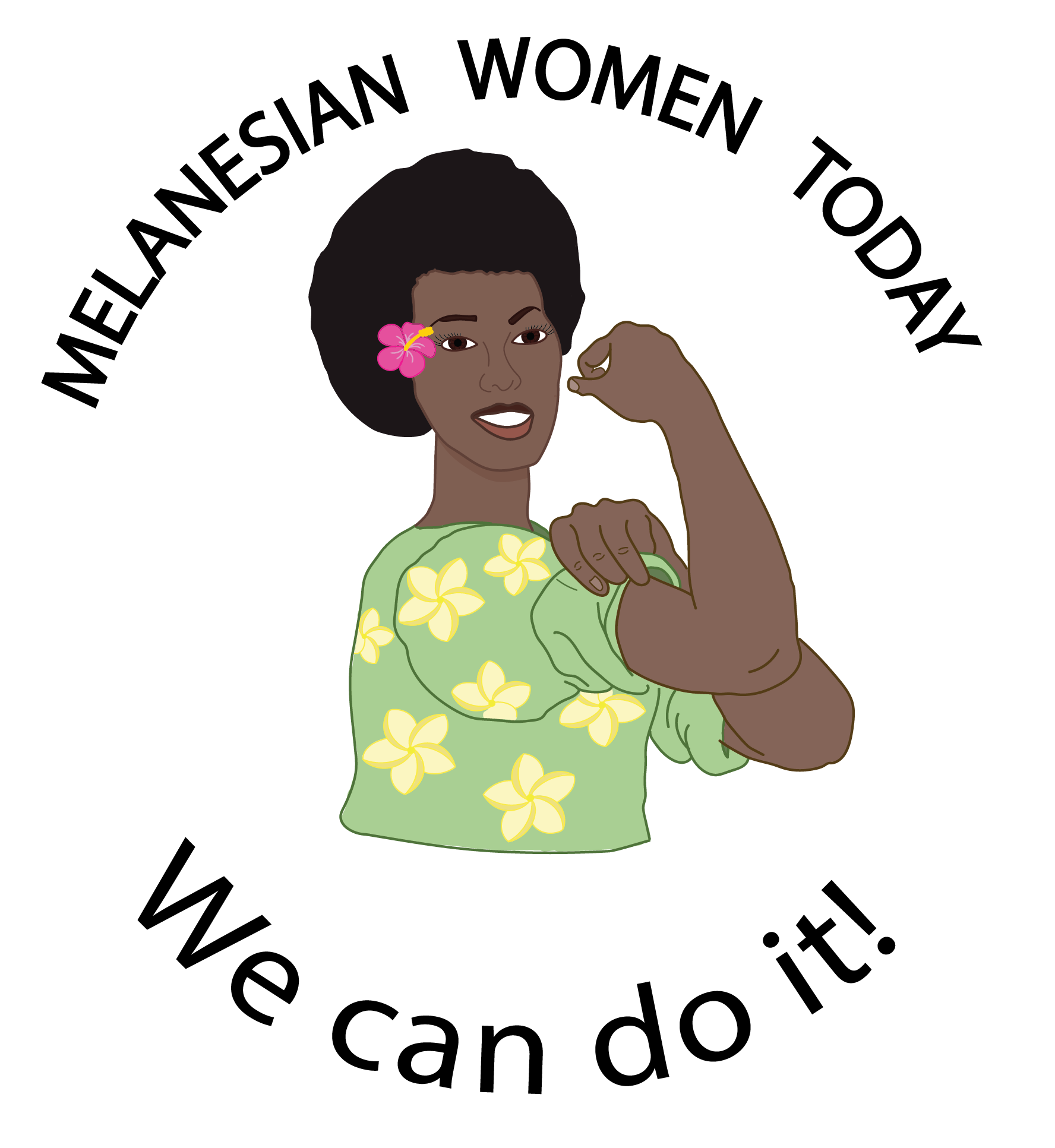Women's empowerment in Melanesian cultural contexts through sacred spaces
In Melanesian cultural settings, women's empowerment is evident in sacred spaces that uphold enduring traditions, affirm identities, and strengthen community bonds, fostering resilience and cultural continuity. Women's notable contributions in preserving traditional knowledge and practices are often overlooked in our society. A prime instance is the involvement of women in sacred spaces during customary wedding ceremonies and various traditional practices. These spaces hold substantial cultural significance, serving as revered areas exclusively dedicated to women's cultural rituals, hosting exclusive ceremonies, gatherings, and rituals. These spaces also play a pivotal role in shaping our society, village, and community, preserving our distinct values and beliefs within our learning environment.
On Pentecost, known as Sia Raga in tradition, one of these sacred spaces is observed during a traditional kastom wedding ceremony. These age-old rituals have been practiced for centuries and continue today on Raga, North Pentecost Island, Vanuatu. During these ceremonies, the bride circles the fire four times inside the Gamali or Nakamal (Gamali being the Raga term for a meeting house, commonly referred to in Vanuatu's Bislama as Nakamal). She carries a palm leaf, symbolizing her new life and home with her groom, alongside a young coconut representing fertility.
By Mere Tari Sovick

